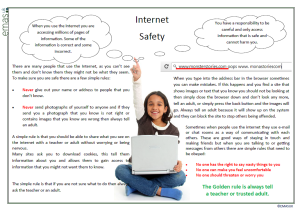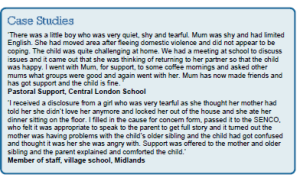In January we uploaded:
Design Technology and Art resources render the shapes in Albanian, Chinese Cantonese, Chinese Mandarin, Czech, Dutch, English, French, German, Hebrew, Hungarian, Kurdish, Latvian, Lithuanian, Malay, Romanian, Russian, Slovak and Spanish.
Bee and bee hive poster for Science teachers in Albanian, French, Malay, Norwegian, Polish, Russian, Arabic, Bengali, Chinese Cantonese and mandarin, Czech, Dutch, English, German, Gujarati, Hebrew, Hungarian, Italian, Kurdish, Latvian, Lithuanian, Kurdish, Nepali, Romanian, Slovak, Somali, Spanish, Tamil, Turkish, Urdu and Welsh.
A Slovak maths book which is available to all new members.
A guide for teachers on how to use snap cards to pre-teach vocabulary and the e-zine Toucan Jan 2014.
Continuing the life cycle of a frog resources for science teachers, a tadpole poster in Albanian, Bengali, Chinese Cantonese, Chinese Mandarin, Czech, Dutch, English, French, German, Gujarati, Hebrew, Hungarian, Italian, Kurdish, Latvian, Lithuanian, Malay, Nepali, Norwegian, Polish, Romanian, Russian, Slovak, Somali, Spanish, Turkish and Urdu.
http://youtu.be/frQVKGaMQSM Frog Video
Heart and circulation posters for PE and Science in Albanian, Arabic, Chinese Cantonese, Chinese Mandarin, Dutch
Poster – instructions – with a sign for cutting out – Arabic, Bengali, Chinese Cantonese, Chinese Mandarin, Czech, Dutch, French, German, Gujarati, Hebrew, Hungarian, Italian, Kurdish, Latvian, Lithuanian, Malay, Nepali, Polish, Portuguese, Romanian, Russian, Slovak, Somali, Spanish, Swahili, Swedish, Turkish and English.
For safeguarding, ICT and PSHE web safety posters in Albanian, Chinese Cantonese, Chinese Mandarin, Czech, German, Latvian, Gujarati, Hungarian, Italian, Kurdish, Russian, Slovak, Polish, Romanian, Somali, Spanish, Turkish and Urdu.
Safer Internet Day 2014 will be celebrated on 11 February 2014 – http://www.saferinternet.org/safer-internet-day




